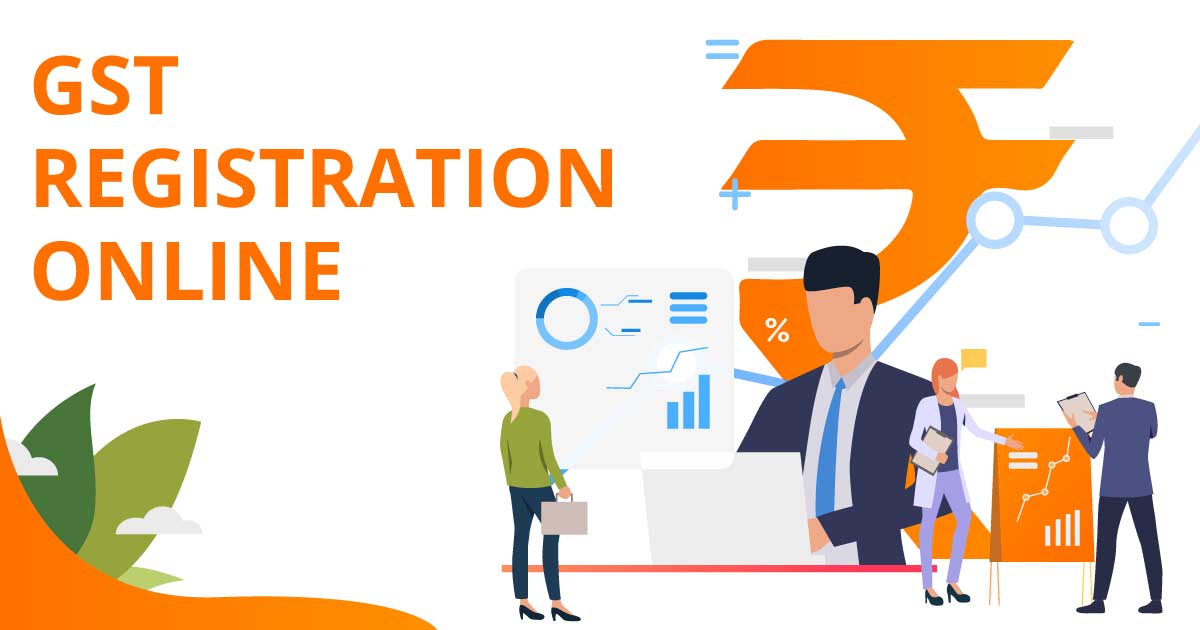Maximize Your Savings with the Best GST Registration Services in Singapore
Maximize Your Savings with the Best GST Registration Services in Singapore
Blog Article
Throughout: The Ultimate Roadmap to GST Registration for Businesses Looking For Financial Stability
Navigating the complexities of Product and Provider Tax Obligation (GST) registration is a crucial step for organizations aiming for financial security. From recognizing the fundamental concepts of GST to following post-registration guidelines, the procedure can seem intimidating initially look. Breaking down the roadmap into workable steps can streamline the enrollment trip for businesses looking to boost their financial standing. Allow's check out the vital parts that compose this supreme roadmap and uncover just how each phase adds to laying a strong foundation for financial success.
Comprehending GST Essentials
Exploring the essential principles of Item and Solutions Tax Obligation (GST) is crucial for obtaining an extensive understanding of its ramifications on organizations and the economic climate. GST is a value-added tax obligation imposed on most goods and services for residential intake. It has changed multiple indirect tax obligations that existed in the pre-GST age, streamlining the tax obligation structure and improving ease of doing service in India. Under the GST system, both services and items are tired at a certain price, which is determined based on their category. Organizations are needed to sign up for GST if their yearly turnover goes beyond the threshold limitation set by the government. Input Tax Credit Scores (ITC) is a substantial attribute of GST, permitting organizations to declare credit score for taxes paid on inputs, decreasing the general tax obligation burden. Recognizing the essentials of GST is vital for businesses to follow tax obligation laws, handle their finances efficiently, and contribute to the nation's economic growth by getting involved in a transparent tax obligation system.
Eligibility Standards for Registration
As of the present regulations, the threshold limitation for GST enrollment is an annual aggregate turn over of 40 lakhs for services running within a state, except for special category states where the limit is 20 lakhs. Furthermore, certain organizations are needed to sign up for GST regardless of their turn over, such as interstate providers, casual taxed individuals, and organizations liable to pay tax under the reverse cost mechanism. It is essential for businesses to thoroughly assess their turnover and deal types to determine their GST enrollment commitments accurately.
Papers Needed for Registration
Having satisfied the eligibility requirements for GST registration, businesses should currently ensure they have the requisite files in area to wage the registration process efficiently. The papers required for GST enrollment generally consist of proof of service constitution, such as collaboration deed, registration certificate, or consolidation certificate for different kinds of organizations. Furthermore, businesses need to give records developing the major workplace, such as a rental contract or power costs. PAN card of business, in addition to the identification and address evidence of promoters/partners/directors, are important for verification objectives. Bank account declarations, together with terminated cheques or a copy of the bank passbook, are required to confirm the financial information offered during registration. Businesses should have electronic signatures ready for the accredited signatory. Guaranteeing all these papers are organized and easily available will accelerate the GST enrollment process, enabling companies to follow tax policies seamlessly.
Step-by-Step Registration Refine
Starting the GST enrollment procedure entails a series of structured steps to make sure a seamless and compliant registration for organizations. The initial step is to check out the GST website and complete the enrollment type with accurate information of business entity. Following this, the candidate gets a Short-lived Reference Number (TRN) which is utilized to return to the application procedure if it's not completed in one go.
Next, all called for documents according to the checklist supplied by the GST portal requirement to be uploaded. These files generally include proof of organization address, registration and identification proofs of marketers, monetary declarations, and organization entity's frying pan card.

Post-Registration Compliance Standards

Conclusion
To conclude, companies seeking economic security must understand the basics of GST, satisfy qualification requirements, collect needed files, comply with the step-by-step enrollment process, and follow post-registration standards - Best GST registration services in Singapore. By adhering to these actions, companies can make sure compliance with tax obligation guidelines and maintain monetary security over time
Furthermore, specific companies are required to register for GST regardless of their turn over, such as interstate providers, informal taxable individuals, and organizations accountable to pay tax under the reverse fee device.Having satisfied the eligibility standards for GST registration, services have to currently ensure they have the requisite records in location to continue with the registration my company process efficiently. The files required for GST registration generally include proof of company constitution, such as partnership deed, enrollment certification, or consolidation certification for different types of companies. In addition, organizations need to supply documents developing the major area of business, such as a rental contract or electrical power costs.Starting the GST registration process includes a collection of organized steps to make sure a certified and smooth registration for organizations.
Report this page